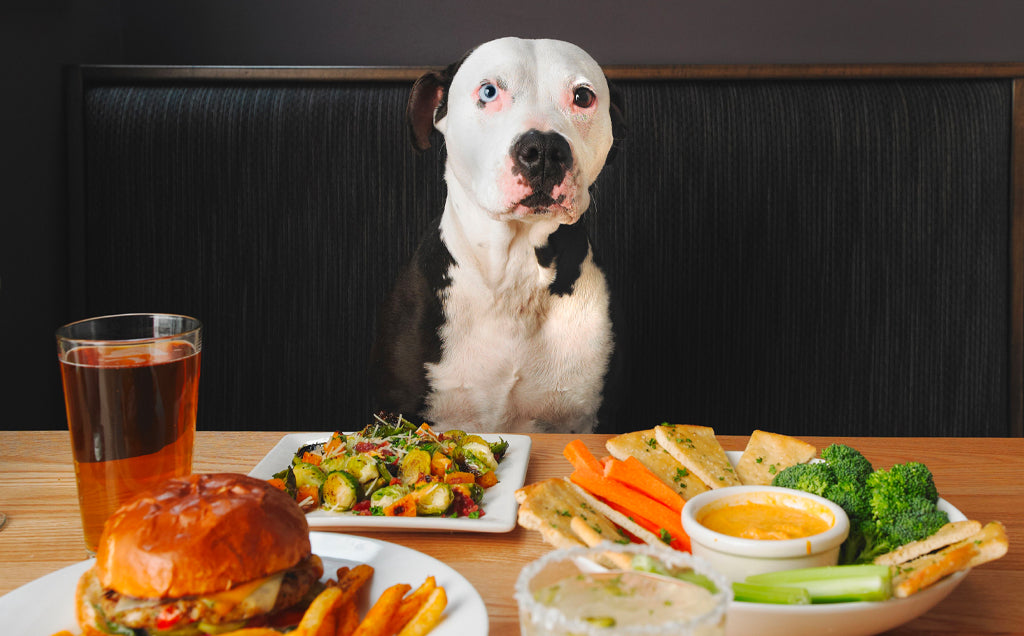Ah, Thanksgiving – a time for family, friends, and feasts. But what about our furry family members? As a dog behaviorist based in Dallas, Texas, I understand that our canine companions can sometimes find this holiday a bit overwhelming. That's why I'm here to share some insights into preparing your dog for Thanksgiving using dog psychology, rather than traditional dog training.
Understanding Dog Psychology:
To truly prepare your dog for Thanksgiving, it's essential to delve into their psychology. Dogs are creatures of routine and habit. Any deviation from their usual environment or schedule can be unsettling for them. Here are some key aspects of dog psychology to keep in mind:
1. Socialization: Dogs are social animals. While many enjoy the company of family and friends, some may become anxious or overexcited in a crowd. Before the big day, invite a few guests over to help your dog acclimate to new faces and ensure they are comfortable with different people around.
2. Energy: Dogs read energy very well. Try to stick to their regular feeding, walking, and playtime schedule, while acting as though everything is normal. Stay calm and certain. This consistency will help them feel secure amidst the Thanksgiving chaos.
3. Sensory Sensitivity: Dogs have sensitive noses and ears. The smells of a Thanksgiving feast can be tantalizing, but also overwhelming. Be mindful of strong odors and noisy kitchen appliances that might disturb your pup.
4. Body Language: Pay attention to your dog's body language. Signs of stress or discomfort include panting, pacing, whining, or hiding. If you notice these behaviors, give your dog a quiet space to retreat to.
Preparing Your Dog for Thanksgiving:
Now that you understand your dog's psychology, let's discuss some practical steps to prepare them for Thanksgiving:
1. Exercise: Ensure your dog gets plenty of exercise before guests arrive. A tired pup is a calmer pup. Take them for a long walk or engage in playtime to expend their energy.
2. Create a Safe Space: Designate a quiet, safe space (ideally their crate) for your dog to retreat to if they become overwhelmed. Provide their favorite toys, a comfortable bed, and water in this area.
3. Feeding Routine: Stick to your dog's regular feeding schedule. Avoid feeding them table scraps or unfamiliar foods, as this can upset their stomach.
4. Training: Use positive reinforcement to reward good behavior during the festivities. Encourage calmness and polite manners and reward your pup with treats or affection when they behave well around guests.
5. Socialization: If your dog tends to be anxious around people, start with short, positive interactions with guests before the main event. Gradually increase their exposure to new faces.
6. Mindful Supervision: Keep a watchful eye on your dog during the Thanksgiving meal. Prevent them from getting into potentially harmful foods and discourage guests from feeding them from the table.
7. Noise Management: If your dog is sensitive to loud noises, provide a quiet space away from the dining area. You can also use white noise or calming music to drown out loud conversations.
By approaching Thanksgiving from a dog psychology perspective, you can help your furry friend feel more at ease during this festive occasion. Remember that every dog is unique, so tailor your approach to your pet's specific needs and preferences. With a little understanding and preparation, you and your dog can enjoy a harmonious Thanksgiving together.






